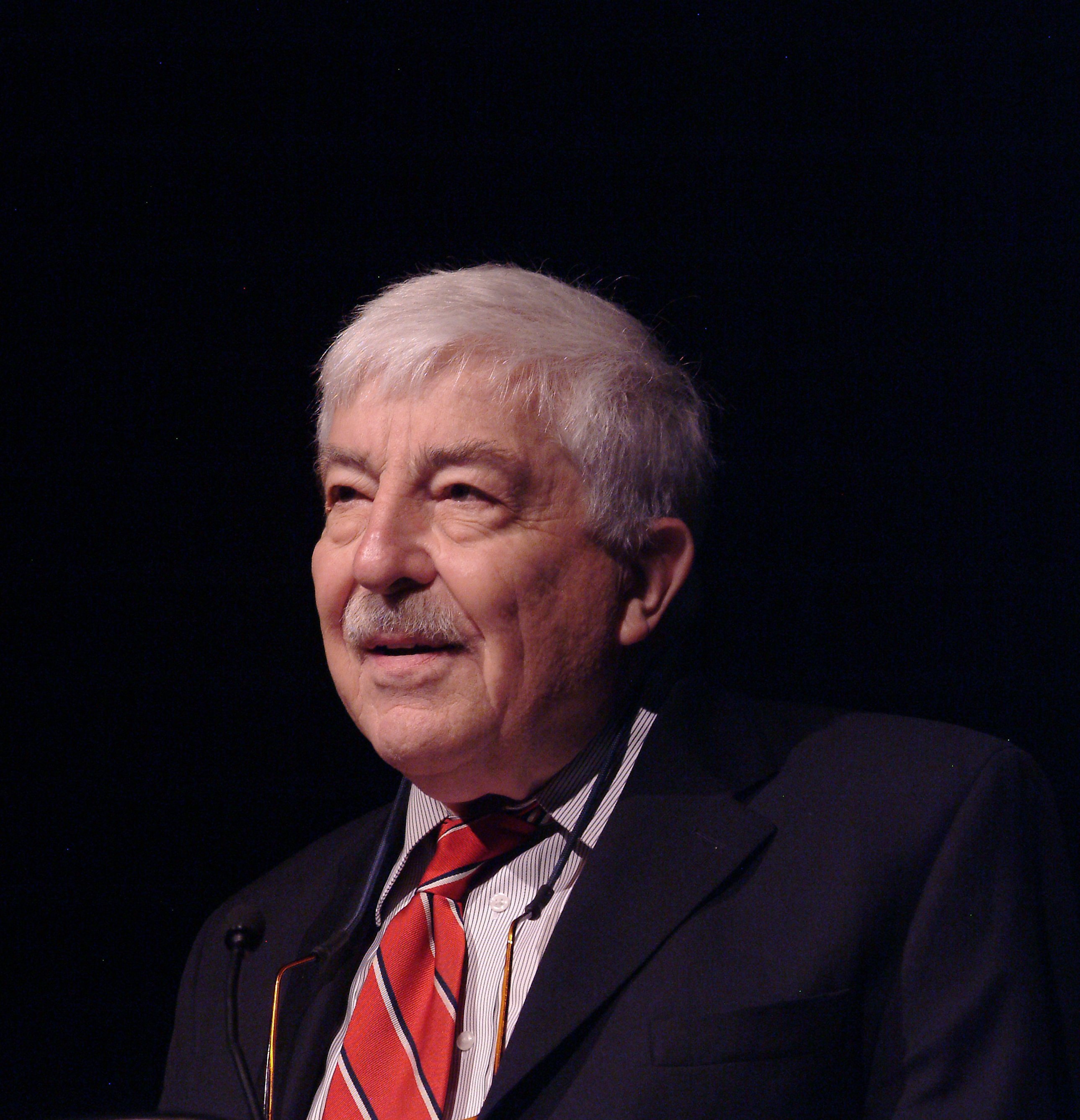In Memorium: William C. Dement, MD, PhD
Typically at a time of an individual’s death, a memorial is the order of the day. In the case of William Dement, however, a celebration of his accomplishments is more appropriate. A celebration not simply of his prolific career in sleep research and sleep disorders medicine but of a singular individual who led an exemplary life
A native of the state of Washington, Dement received his M.D. from the University of Chicago in 1955 and his Ph.D. in Neurophysiology from the same institution in 1957. From Chicago, Dement went to New York, where he ran a sleep research laboratory out of a Manhattan apartment. Several important sleep studies, including determining the time course of dream stories in REM sleep, providing evidence for the scanning hypothesis of dream content, and demonstration of REM deprivation and REM rebound, emanated from his apartment. It is also been reported that The Radio City Rockettes served as subjects in some of these studies
In 1963, Dement joined the Psychiatry Department at Stanford University, where he was on the faculty for the past fifty-seven years. During that time, he was honored with a multitude of awards too numerous to list. What is distinctive about these awards is that they came from a variety of countries, a variety of societies, and a variety of institutions. They range from “Personnalite de L’Annee,” International Distinction in the Sciences Award in France, to The Service Award of the Stanford Black Premedical Organization.
Research
As with Dement’s awards, a list of his many publications does not do justice to his research career. What is important is the seminal nature of his research. With Dr. Kleitman, he discovered REM sleep. His work included studying the relation of REM sleep to dream mentation and the discovery of REM sleep in cats (his PhD dissertation). Control of REM sleep and its pathology were important themes during entire career. Dement was the first person to record a human sleeping for an entire night; this was the first full polysomnogram, which is now the main procedure of sleep research and sleep medicine. In doing this work, he described the 90-minute REM-NREM cycle. The other important sleep tool he developed is an objective measure of daytime sleepiness necessary to evaluate sleep homeostatic processes and sleep pathology. He, in collaboration with Mary Carskadon, developed the Multiple Sleep Latency Test…to this day the gold standard for the measurement of daytime sleepiness

Upon receipt of his Seventh Consecutive Career Scientist Award from the National Institute of Mental Health, the reviewers noted: “…The committee recommended approval for support of Dr. Dement who is an outstanding scientist of great energy, enthusiasm, and productivity, and who, more than any other individual, is responsible for the creation of a modern, viable field of sleep research, especially as it relates to sleep related pathologies.”
Clinical Care
In 1964, Dement initiated a narcolepsy clinic through which he demonstrated that the syndrome of narcolepsy involves disordered REM sleep processes. In 1970, Dement started the world’s first Sleep Disorders Clinic. In furthering our understanding of narcolepsy, Dement discovered narcolepsy in dogs and developed the world’s only research colony of animals with this disease. Dement’s basic research team subsequently discovered and described neurochemical abnormalities associated with narcolepsy in dogs.
Service
Dr. Dement was co-founder of the Sleep Research Society (then the Association for the Psychophysiological Study of Sleep, APSS) in 1961 and was founding President of the American Sleep Disorders Association (ASDA) in 1975, a position he served as for 12 years. During his Presidency, the ASDA grew from five sleep disorders centers to a major medical society with over 10,000 members, now the American Academy of Sleep Medicine (AASM).
Dement frequently traveled to Washington, D.C., lobbying for the National Commission on Sleep Disorders Research. The commission produced a report titled “Wake Up America! A National Sleep Alert.” This report drew attention to the prevalence and morbidity of chronic sleep disorders and to the public health hazard of insufficient sleep with resulting daytime sleepiness. It also drew attention to the lack of knowledge about and education on sleep and its disorders available to the public. He made clear that this serious knowledge chasm also occurred at all levels of medical education. In response to the Commission report and to Dement’s strong lobbying efforts, Congress created the National Center On Sleep Disorders Research within the National Heart, Lung, and Blood Institute at the National Institutes of Health. This Center continues to the present day to fulfill Bill’s vision to help fund and coordinate sleep research nationwide and to coordinate education on sleep.
Education
As is the case in all of Dr Dements endeavors, his teaching is not simply defined by the number of students he mentored, the number of lectures he gave, or the number of courses he taught. It is the singular nature of these efforts that define him. In one year, for example, he produced 3 PhD students: Mary Carskadon, Chuck Czeisler, and Lloyd Glenn. Dr Carskadon worked on human developmental sleep, Dr Czeisler on circadian physiology, and Dr. Glenn on the muscle atonia of REM sleep. Three individuals who went on to become internationally known sleep researchers. At an undergraduate level, Dr Dement’s course Sleep and Dreams was voted the most popular class at Stanford University as recently as 2009.
Renaissance Man
While people may think of Bill as narrowly focused on sleep, he was not. He had a lifelong interest in music and was involved in the Modern Jazz Department at Stanford. He also was an accomplished bass player and often performed at the annual sleep meeting. Bill also had an enthusiastic interest in sports, especially supporting the Stanford teams. In the earliest days of the sleep meeting, Bill organized the California vs. Chicago touch football games. On a personal note Bill flew out to Michigan when I was being recruited to Henry Ford Hospital to support my recruitment. He flew back to Michigan on the occasion of my “retirement.” I mention this not because it attests to any special relationship we had, but because it exemplifies Bill’s generosity.
Dr Dement is survived by Catherine Dement Roos, Elizabeth Ann Dement, John Nicholas Dement and their families, along with the thousands of sleep researchers and clinicians and millions of sleep disorders patients who have better and more productive lives because of his passion for research, concern for patients, generosity with students and trainees, and his Herculean efforts to elevate and push forward the banner of sleep on so many fronts.
Thomas Roth
Detroit, MI
06/18/2020


Leave A Comment